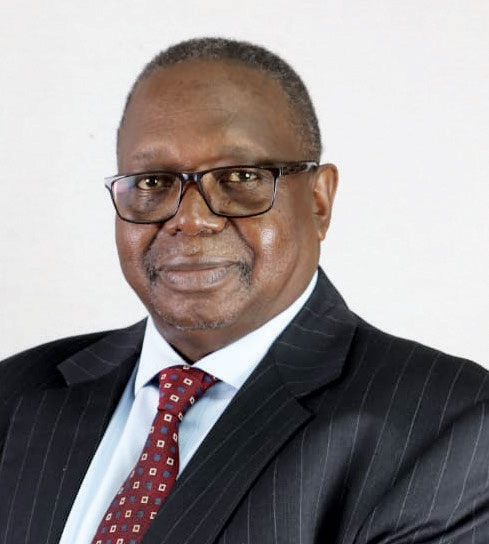By Wahard Betha
The Reserve Bank of Malawi (RBM) through its subsidiary, Export Development Fund (EDF), says it is investing US$200-million to support various projects in the mining sector, which it rates as one of the key sectors to anchor structural transformation and economic growth in the country.
In an interview RBM Governor Wilson Banda said the targeted projects include both small and large scale limestone mining and processing projects.
“In the mining sector, EDF is supporting a portfolio of projects valued at around US$200-million including a large scale limestone and processing project promoted by Rift Valley Mining Company Limited at Kanyama Village in Nsanje which shall be key to the manufacture of hydrated lime and other lime products to supply various industries in the country,” Banda said.

Apart from supporting the limestone and processing projects, EDF is also implementing the gold buying project which is a national developmental initiative aimed at assisting the country to diversify sources of export earnings, promote the sustainable development of the gold sector in Malawi and empower artisanal and small scale miners (ASMs).
Banda commended the initiative saying before the establishment of the structured market for gold, ASMs were being taken advantage of by illegal foreign buyers who were offering very low prices as middlemen.
He explained “We observed that prices offered by illegal foreign buyers before we rolled out our initiative through EDF ranged from MK20, 000 to MK30, 000 per gram of unprocessed gold.”
“However, with the establishment of the structured market, the prices have greatly increased, ranging from MK38, 000 to MK46, 000 per gram of unprocessed gold.”
“It is worth noting that the net benefit being transferred to ASMs as a result of the establishment of the structured market for gold is MK26, 000 per gram of gold.”
“This translates to MK26 million per kilogram of gold and considering that about 19 kilograms of gold have already been purchased in the last three months, this implies that additional disposable income of MK494 million has already been transferred to ASMs from May 2021 to date.”
“Further, assuming a constant outturn of gold purchases by the end of December 2021, it means that the structured market for gold would have increased disposable incomes for ASMs by at least MK936 million.”
Banda said that when the price differential of MK26 per gram of gold is compared to the monthly social cash transfers of MK7, 000 per family, it is undeniable that the impact the structured market is bringing among the families of the ASMs is far greater.
Apart from the mining sector, EDF is also implementing projects in sectors such as agro processing, tourism and transport infrastructure.
In agro processing, EDF is implementing projects and transactions valued at US$270-million which includes; preparation and establishment of a protein starch production plant in Zomba with an estimated total investment of US$126-million, subject to the project reaching bankability.
EDF has also intervened in a South Sudan Trade deal involving exportation of value added agricultural products with potential to generate up to US$159-million as export earnings, conditional on fulfilling the required quantities under the export order.
RBM through EDF is also supporting project preparation for the establishment of two export oriented industrial parks at Area 55 in Lilongwe and Matindi in Blantyre with a total hectarage of 546.
The projects will see a total investment of at least US$950-million, with potential to generate not less than 240,000 direct jobs as well as creating opportunities for downward and upward linkages for the agricultural sectors and small and medium scale enterprises (SMEs).
Required financing for these projects will be secured from African Export-Import Bank (Afreximbank) subject to the Government securing unencumbered land for the projects.
EDF was established in 2012 as a development finance institution (DFI) and its establishment followed a series of studies that confirmed that the country lacks a broad industrial and export base.
**Original posting: MiningTradeNews***


